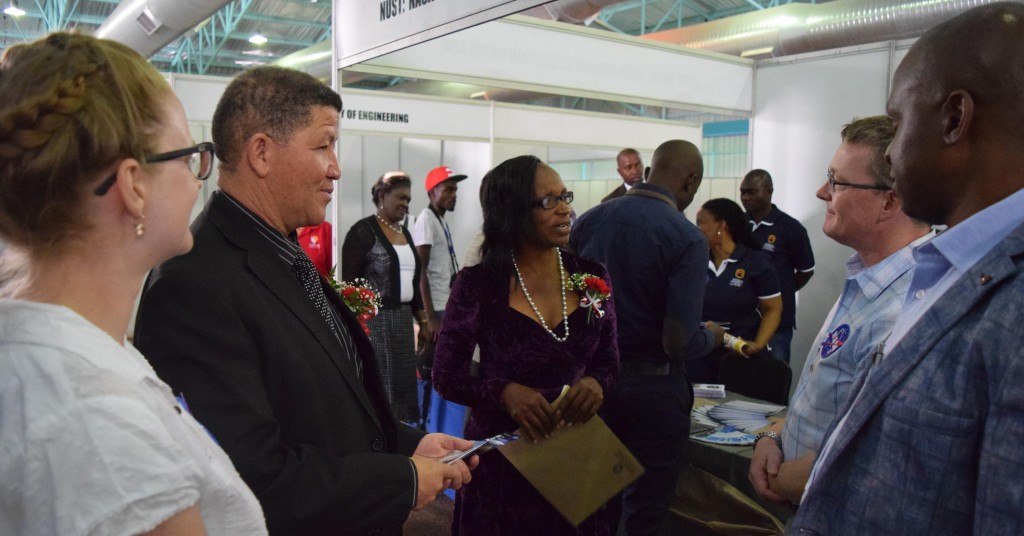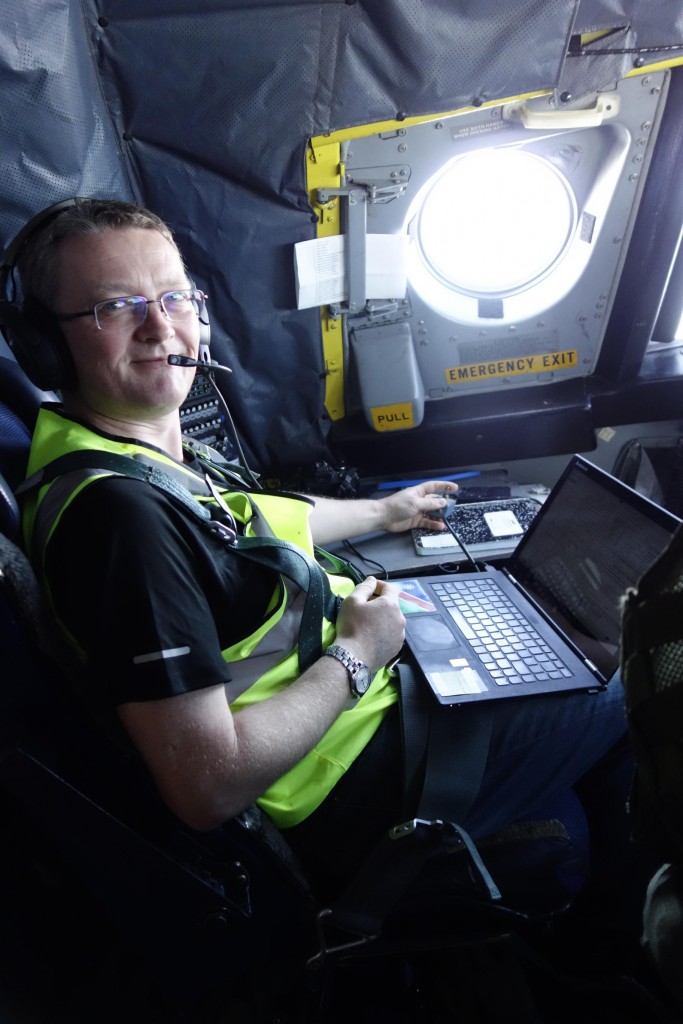Dr. Robert Wood is Professor of Atmospheric Sciences at the University of Washington. Prior to this, he worked as a research scientist for the United Kingdom Meteorological Office. Dr. Wood’s research work focuses upon understanding processes controlling clouds in the Earth’s atmosphere and the roles that clouds play in determining climate variability and change, the formation of rain, and how tiny aerosol particles (both natural and anthropogenic) interact with clouds and help determine their physical and radiative properties. Dr. Wood also conducts research to understanding the potential for deliberate brightening of marine low clouds to offset greenhouse warming by augmenting the natural aerosol population.
Dr. Wood’s research uses a combination of observational data collected with aircraft, satellites and from ground-based remote sensing, together with numerical and theoretical models. Dr. Wood has published over 100 peer-reviewed journal articles on a wide range of topics involving clouds and climate. Dr. Wood is currently serving in leadership roles with a number of programs including the Department of Energy Atmospheric Radiation Measurement (ARM) Science and Infrastructure Steering Committee and the NASA CloudSat and CALIPSO Science Team, and has previously served on the US CLIVAR Scientific Steering Committee.
Dr. Wood served as principal investigator of the VOCALS Regional Experiment, a major international field experiment focusing on the interactions of aerosols and clouds over the Southeastern Pacific Ocean. Dr. Wood also serves as deputy PI on a NASA Earth Ventures Suborbital field program (ORACLES) to examine the effects of biomass burning aerosols on clouds over the southeastern Atlantic Ocean. Dr. Wood was awarded the 2001 L. F. Richardson Prize from the Royal Meteorological Society and the 2010 Henry Houghton Award from American Meteorological Society, “For advancing understanding of the interactions between cloud droplets, aerosols, radiation and precipitation in marine stratocumulus.”


